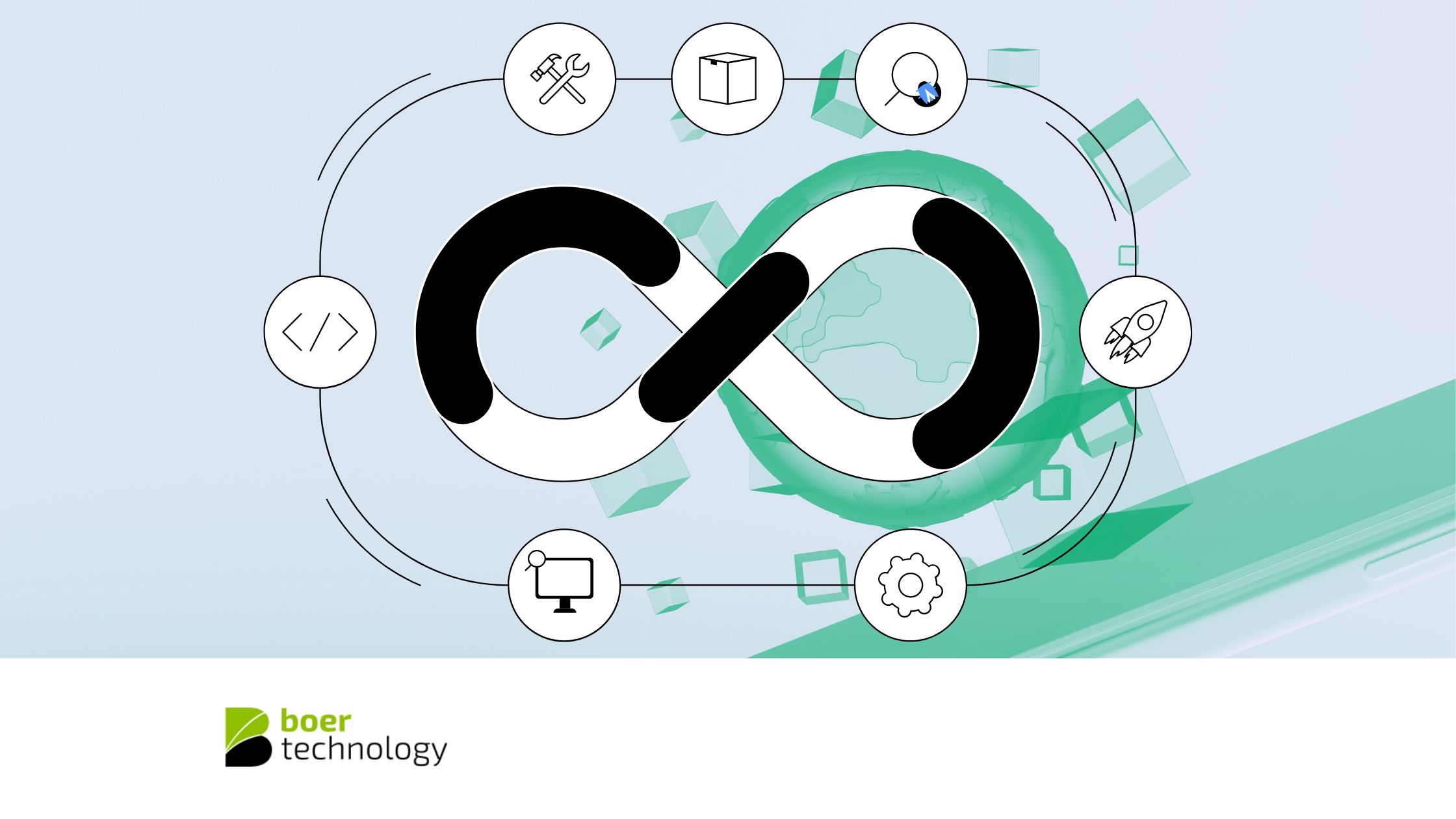In the rapidly evolving landscape of software development, integrating security practices into the DevOps workflow has become a necessity. This integration, known as DevSecOps, ensures that security is a core component of the development process rather than an afterthought. One critical aspect of this integration is incorporating incident response (IR) into DevSecOps. Effective incident response mechanisms can significantly enhance the security posture of an organization by enabling quick identification, containment, and resolution of security incidents.
The Importance of Incident Response in DevSecOps
1. Early Detection and Mitigation
Integrating incident response into DevSecOps enables early detection of security incidents. With continuous monitoring and automated alerts, teams can swiftly identify anomalies and potential threats. Early detection is crucial in mitigating the impact of security breaches and preventing them from escalating.
2. Reduced Downtime and Recovery Time
A well-defined incident response plan within a DevSecOps framework ensures that teams are prepared to handle incidents efficiently. By having predefined protocols and playbooks, teams can quickly contain and resolve incidents, minimizing downtime and reducing the time required to recover from a security breach.
3. Continuous Improvement
Incident response in DevSecOps is not a one-time activity but a continuous process. By integrating IR, organizations can continuously learn from past incidents, improve their security measures, and refine their response strategies. This iterative approach helps in building a resilient security infrastructure over time.
Key Steps to Integrate Incident Response into DevSecOps
1. Establish a Dedicated Incident Response Team
Creating a dedicated incident response team is the first step in integrating IR into DevSecOps. This team should comprise members from various disciplines, including development, operations, and security. The cross-functional nature of the team ensures that all aspects of the software development lifecycle are covered, and incidents can be handled effectively.
2. Develop Incident Response Playbooks
Incident response playbooks are predefined guidelines that outline the steps to be taken during a security incident. These playbooks should cover different types of incidents, such as data breaches, malware infections, and denial-of-service attacks. Having detailed playbooks ensures that the response is swift, consistent, and effective.
3. Implement Continuous Monitoring and Logging
Continuous monitoring and logging are essential components of incident response in DevSecOps. By implementing robust monitoring tools, organizations can gain real-time visibility into their systems and detect unusual activities. Logs should be collected, analyzed, and stored securely to provide valuable insights during an incident investigation.
4. Automate Incident Detection and Response
Automation plays a crucial role in incident response within a DevSecOps environment. By leveraging automated tools and scripts, organizations can detect and respond to incidents more quickly. For instance, automated intrusion detection systems can identify and block suspicious activities, while automated incident response workflows can trigger predefined actions based on the type of incident.
5. Conduct Regular Incident Response Drills
Regular incident response drills are vital for ensuring that the incident response team is prepared to handle real-world incidents. These drills should simulate various security scenarios and test the effectiveness of the response plan. Regular practice helps in identifying gaps in the plan and improving the overall incident response strategy.
6. Integrate Incident Response into CI/CD Pipelines
Incident response should be integrated into the continuous integration and continuous delivery (CI/CD) pipelines. By embedding security checks and incident detection mechanisms into the CI/CD process, organizations can ensure that potential threats are identified early in the development lifecycle. This proactive approach helps in preventing security issues from reaching the production environment.
7. Foster a Culture of Security Awareness
Creating a culture of security awareness is crucial for the success of incident response in DevSecOps. All team members should be educated about security best practices and their roles in incident response. Regular training sessions, workshops, and awareness campaigns can help in building a security-conscious development and operations team.
Conclusion
Integrating incident response into DevSecOps is essential for maintaining a robust security posture in today’s dynamic software development environment. By incorporating IR practices, organizations can ensure early detection, quick containment, and effective resolution of security incidents. This integration not only reduces the impact of security breaches but also fosters a culture of continuous improvement and security awareness. Embracing incident response within DevSecOps is a proactive approach to building secure, resilient, and high-performing software systems.
Read Also: DevSecOps: Adding Security Testing Tools to Pipelines
Read Also: Automated Deployments for DevSecOps: Enhancing Security and Efficiency



